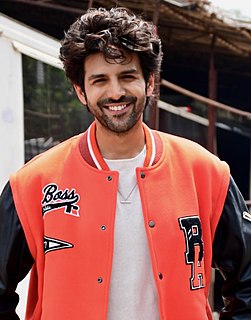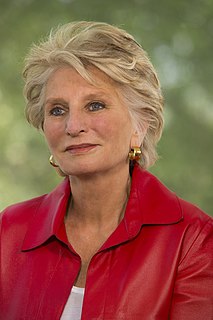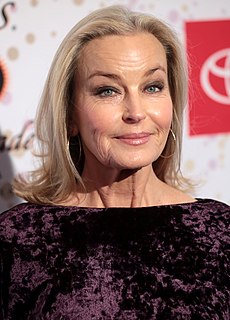A Quote by Sean Penn
Whatever I was able to do with those experiences certainly contribute to whatever I'm able to do as a director. The corruption in that is that most of what I acted in the last 10 years was to steal film school time from these guys. Those were the people I thought I could learn from as a director.
Related Quotes
We made 'Mickey and the Bear' with barely any money with a first-time director, a first-time director of photography, and a crew who had just graduated from NYU film school. We were all very much in this together for the first time. There's no famous actor or big explosions. It's not a Marvel movie. I thought nobody was going to see this film.
In Hong Kong, in our generation that started out in the 1970s, being a director wasn't a big deal. We didn't even have director's chairs. We weren't particularly well paid. The social standing of a film director wasn't that high. It was a sort of a plebeian job, a second or third grade one. And the studio heads are always practical, there's never any fawning because someone is a director. There's very little snobbery about one's position as a director. The only ones people treated differently were those that were also stars; or the directors who also owned their companies.
Every film you work on is different, and that's part of what it's like for anybody who works on a film, is to learn how to work with others. Learn from top to bottom. Actors have to learn how to work with the director and the director has to learn how to work with actors, and that's not just those two departments.
My filmmaking education consisted of finding out what filmmakers I liked were watching, then seeing those films. I learned the technical stuff from books and magazines, and with the new technology you can watch entire movies accompanied by audio commentary from the director. You can learn more from John Sturges' audio track on the 'Bad Day at Black Rock' laserdisc than you can in 20 years of film school. Film school is a complete con, because the information is there if you want it.
And so as a director, as a leader, and myself as a director and a leader, I kind of try to make sure that we hold onto the vision and kind of corral it, but by the time you finish whatever the project is, a TV show, a series, a movie, a stage show, it should be a product of what all those people can do, and therefore, it can never be what you imagined it would be in the beginning.
Film’s thought of as a director’s medium because the director creates the end product that appears on the screen. It’s that stupid auteur theory again, that the director is the author of the film. But what does the director shoot-the telephone book? Writers became much more important when sound came in, but they’ve had to put up a valiant fight to get the credit they deserve.
I don't think Roger Ebert has ever mentioned a screenplay. He assigns every auctorial move to the director, which makes some sense since the director has run a one-off game, but if Hamlet were written last year and had been only performed once as a film, and it didn't come off well on screen for whatever reason, it would be gone forever as a literary work, and never would have been considered as one.
When I was in high school in England, I wasn't sure that you could have a career in fashion. In those days, there were very few fashion magazines. I didn't realize there was a school where you could go and learn how to make clothes and design. I thought you just had to be discovered somewhere, like a film.



































